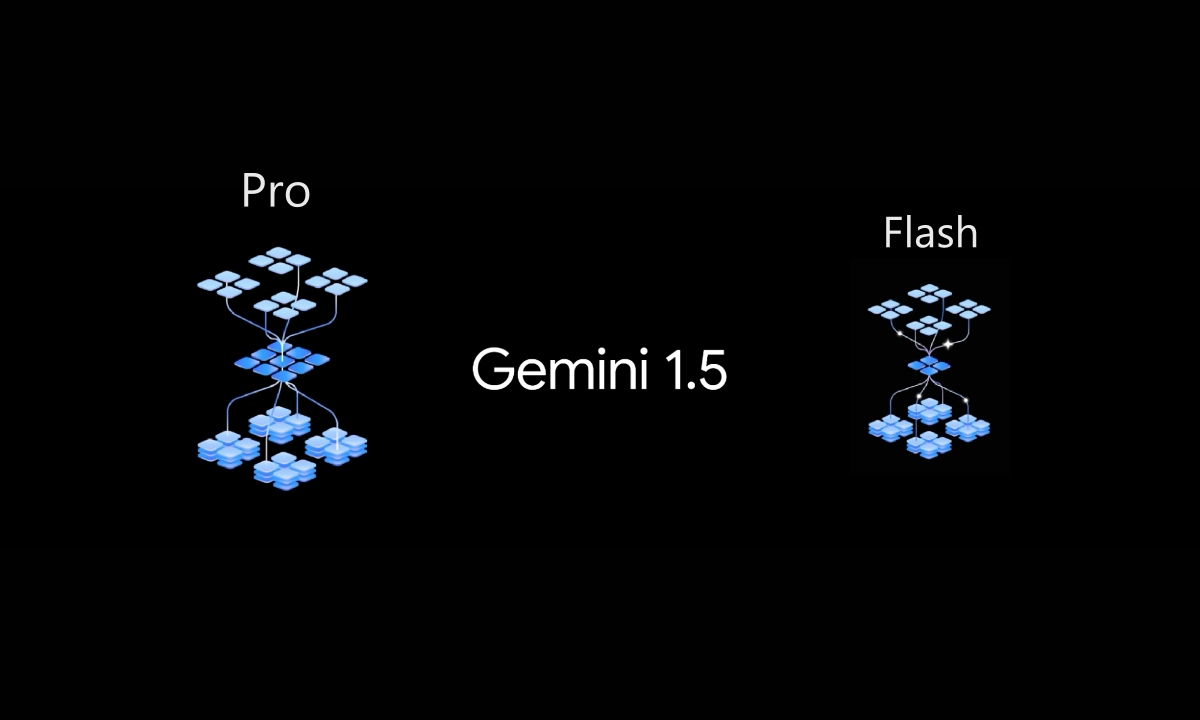Google is not relenting on its Gemini updates as it heads towards its 2.0 model. The company decided to introduce three new experimental Gemini models Gemini 1.5, and Gemini 1.5 An improvement on the Flash-8B is proposed, along with a newly designated “substantially upgraded” Gemini 1.5 Second flash and a ‘stronger’ Gemini 1.5 Pro. These are established to have enhanced competency over numerous internal standards, the company says ‘vast improvements’ with 1.5 all lights flash and press button Gemini 1.5 Pro that is much better in Math, coding, and complicated assignments.
Google rolling out three experimental Gemini models:
- A new smaller variant, Gemini 1.5 Flash-8B
- A stronger Gemini 1.5 Pro model (better on coding & complex prompts)
- A significantly improved Gemini 1.5 Flash model
Google introduced experimental Gemini 1.5 Flash, the less heavy copy of Gemini 1.5, in May The Gemini 1.5 family of models was constructed to process long contexts and can reason about specific details from 10M tokens and more. This enables the models to handle huge volumes of multimodal inputs such as documents, videos, and audio.
With the present development, Google is releasing an “updated version” of a less complex smaller variant of Gemini 1 with only 8 billion parameters Gemini 1.5 Flash. A new Gemni 1.5 Pro demonstrates improvements in coding and wrought tasks as well as being a direct replacement for the previous iteration that was unveiled in early August.
The “newest experimental iteration” of both Gemini utilizes no less than three satellites. Gemini 1.5 Flash has a token limit of 1 million and is free to test on Google AI Studio and Gemini API and soon in Vertex AI experiment endpoint Pro also has a token limit of 1 million. Both offer a free version at the moment, and the company will release for production a future version of OpenStack within the next several weeks, Kilrick noted.
According to the recently published article by the Google DeepMind team, the first version of the program is called Gemini, drastically higher than average and the scale of it refers to the company as being ‘unprecedented,’ compared to other contemporary LLMs.
Starting from September 3rd, Google will reroute the requests to the new experimental Gemini model and will stop using the old one through Google AI Studio and the API; as per Kilpatrick; it is because it becomes confusing to keep multiple versions active simultaneously.
Within a few hours of the rollout today, a Large Model Systems Organisation (LMSO) has updated its chatbot brawl tally based on 20,000 community votes. The experimental Gemini 1.5- Flash went up quite a big notch to 6 making the same as Llama levels and performing better than Google’s Gemma open models.
